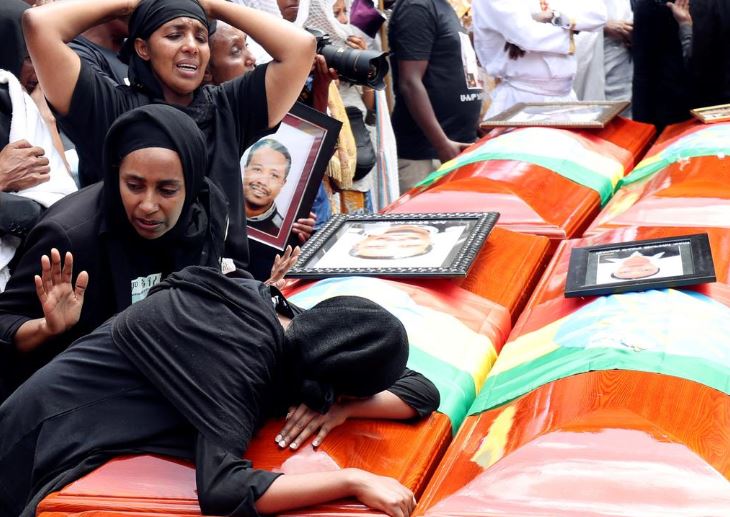
Boeing Co will pay the families of 346 people killed in two fatal 737 MAX crashes $144,500 (Sh15 million) each from a $50 million (Sh5 billion) financial assistance fund announced in July, the fund’s administrators said on Monday.
The fund, overseen by Washington lawyers Ken Feinberg and Camille S. Biros, will begin accepting claims from family members immediately. Family members will not be required to waive or release the right to litigate as a condition of participation. The 737 MAX has been grounded since March after fatal crashes in Ethiopia and Indonesia.